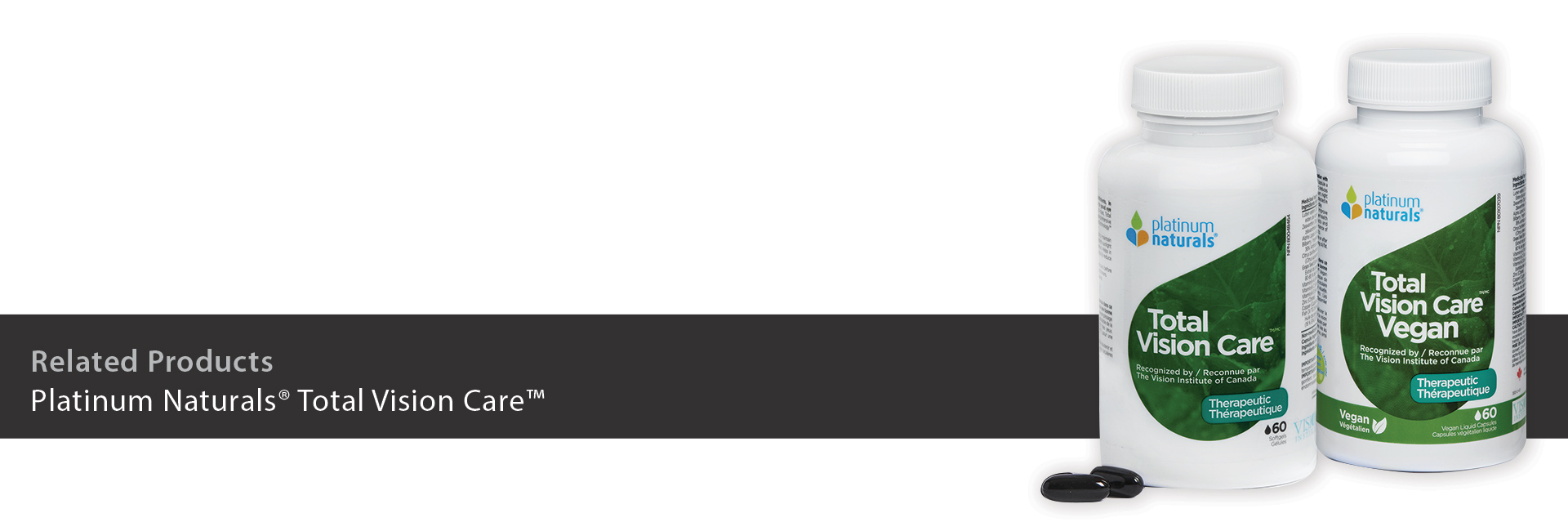Protecting your eyes from the sun goes without question. But what about the digital devices we look at all day? From computers to televisions and smartphones, we’re constantly looking at digital screens. Plus, these screens are emitting blue light that is harmful to your eyes after prolonged use.
What is ‘Blue Light’?
Simply put, blue light is a type of high energy light with short wavelengths that penetrate deep into the eyes. Sunlight is the main source of blue light, however it also emits from digital devices that we’ve come to love and use with regularity. Exposure to blue light from digital devices is having short-term and long-term effects on our eyes – as in our new normal, our amount of screen time doubled. The average Canadian spends over half of their waking hours looking at digital devices. Over time, exposure to blue light can cause significant issues for your eyes.
It is important to note that not all blue light is harmful and some is even necessary for alertness, a positive mood, cognitive function and memory. Blue light is also responsible for regulating the circadian rhythm — our body’s sleep and wake cycle. Exposure to blue light during the day helps us maintain an accurate circadian rhythm. When we see blue light it tells our brain that it’s time to be awake, and a lack of blue light signals to the brain that it’s time to sleep. However, if we spend our evenings in front of a laptop, television or smartphone (all of which emit blue light) – we can disrupt this cycle, potentially leading to sleepless nights and daytime naps.
So, what can we do? Well, we can’t turn off the sun, nor can we completely avoid our man-made, blue light emitting devices. We can, however, mitigate potential damage by learning how to regulate the amount of blue light to which our eyes are exposed, and discover how to best support our eyesight.
What Can We Do to Protect our Eyes?
Exposure to blue light is unavoidable, but we can reduce harm to our eyes by:
- Using blue light filter glasses/settings on our screens
- Sitting at least an arm’s length away from your screen
- Increasing font size to reduce strain
- Following the 20-20-20 rule: every 20 minutes take a 20-second break and look at something 20 feet away.
- Eat nutrient rich foods, such as fruits rich in vitamin C, dark leafy vegetables, legumes, fish with Omega-3 fatty acid and much more.
- Get 7-9 hours of sleep each night
- Taking an antioxidant-rich supplement that has lutein and zeaxanthin
Special Nutrients for Your Eyes
The retina is rich in vitamin A, lutein and zeaxanthin, which are essential in supporting dim-light vision, colour vision and visual acuity. Lutein and zeaxanthin are carotenoid pigments that protect the macula from damage by blue light. Alpha lipoic acid, bilberry fruit and grape seed extract work together to protect the lens and retina from free radical damage. The lens of the eye is one of the most abundant sources of glutathione in the body and alpha lipoic acid helps keep optimal levels. Omega-3s have anti-inflammatory properties that are important for eye health. All these nutrients work together to support visual acuity and eyesight in conditions such as age-related macular degeneration (AMD). They can also help reduce the risk of developing cataracts.
Total Vision Care™ and Total Vision Care™ Vegan are comprehensive formulas that support total eye health and are recognized by the Vision Institute of Canada. They follow the recommendations of the AREDS2 (Age-Related Eye Disease Study 2) trial with a powerful combination of lutein, zeaxanthin, alpha lipoic acid and added antioxidant protection. Your eyesight is precious. Take care of your eyes today to help see a better tomorrow.





